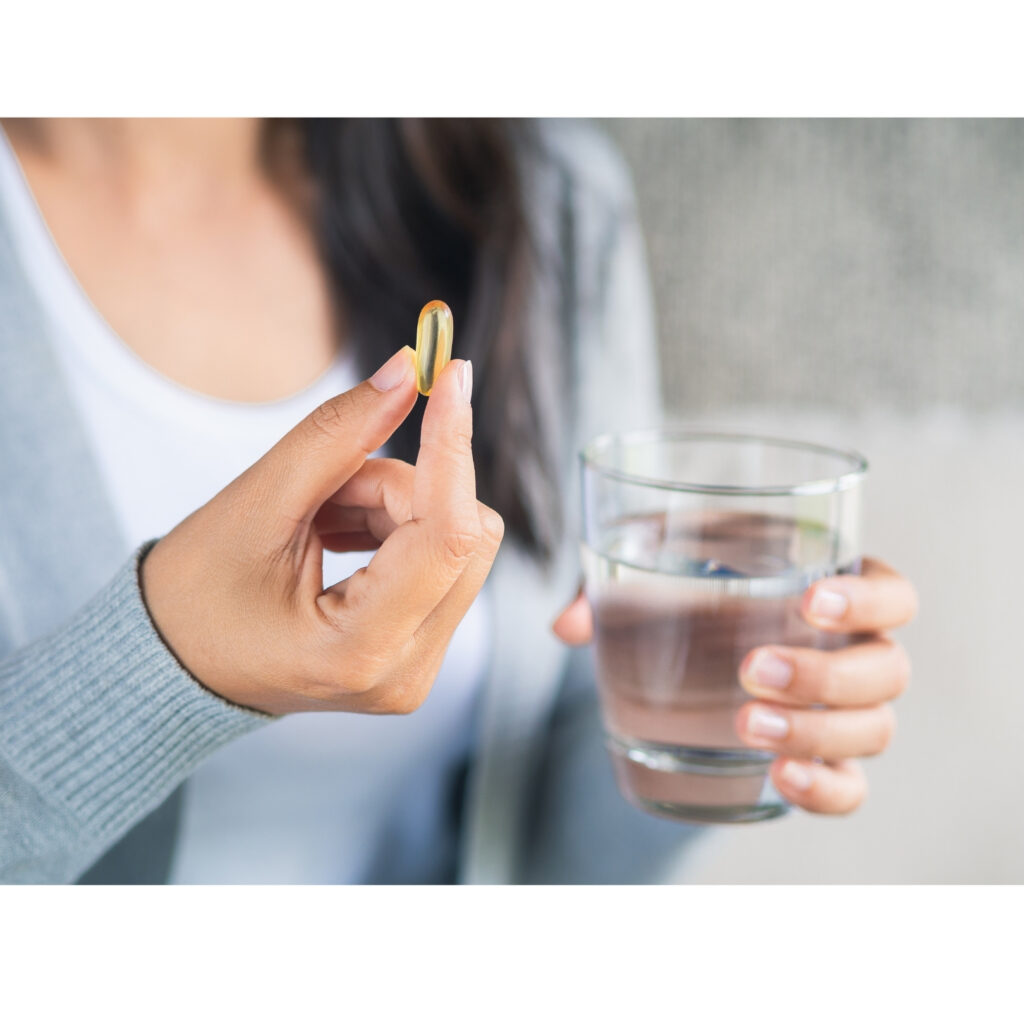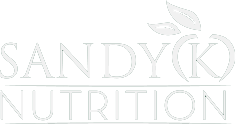Immune Health
- Immune Health
- November 29, 2020
 I will start off by saying that supplements will not “save” or “cure” you. You can take supplements to optimize your health and boost immune health, but they do not replace a healthy diet and lifestyle. Immune health remains strongest with a clean diet, exercise, sunshine, limited exposure to toxins and other factors.
I will start off by saying that supplements will not “save” or “cure” you. You can take supplements to optimize your health and boost immune health, but they do not replace a healthy diet and lifestyle. Immune health remains strongest with a clean diet, exercise, sunshine, limited exposure to toxins and other factors.
Supplements are a great tool for most of us who:
a) don’t always have an optimal diet and eat out often
b) deal with a lot of stress
c) don’t eat mostly organic, clean food
d) are aging (the body simply doesn’t process nutrients as efficiently as we age!)
e) are going through menopause or andropause
f) are human beings, living in an environment whereby we can’t grow our own food and factory farming, pesticides, etc. are prevalent.
As you can see from the above list, most of us need certain supplements at some point in our lives. It is best to take them with the knowledge of how and when to take them – and use good quality supplements. This is why you should work with your holistic health practitioner.
I love the idea of targeted supplements especially if genetically you know you’re predisposed to certain ailments. For example, if one has heart disease and diabetes in family history and carries certain SNPs (variations in DNA that could make you more prone to certain diseases), it might be a good idea to take COQ10 daily and/or berberine to be proactive in your health. Epigenetics are a great way to learn about which targeted supplements could work best for you!
Here I will share a few of my favourite supplements and what they do.
Vitamin D – This is a fat-soluble vitamin which means it is stored in the tissues of the body vs excess is eliminated. I always recommend you check your vitamin D levels annually or semi-annually through bloodwork to ensure you’re taking the right dose. Vitamin D helps with many things including bone health, immune health and it helps to fight certain diseases. The best way to get vitamin D is from the sun, but many of us don’t live in a climate whereby we have enough sun all year round. Vitamin D has been studied to show amazing benefits for immune health and the ability to fight off upper respiratory tract infections.
Probiotics – There are many types you can choose from that include dairy-based bacteria, soil-based, human-strain, etc. I personally choose to supplement with multi-strain, human-strain strains. Approximately 80% of our immune health is in our gut, which is why it’s always a good idea to supplement with probiotics to keep our microbiome populated with good bacteria. Not many of us eat a diverse enough diet with high quality foods and fermented foods all the time.
Vitamin C – Humans cannot make their own vitamin C (we’ve lost that ability!), which is why we need to get it from food sources. Vitamin C is a water-soluble antioxidant that is useful for many functions including immune health, and to repair and heal the body. Because it is water soluble, the body will rid itself of any excess consumed and it doesn’t store or build up in the tissues.
Omega 3’s – Omega 3’s are so important for brain health, heart health, to lower inflammation, bone and joint health, immune health, and can even help with aged-related mental decline. Rarely do we consume enough of it. Omega 3’s are fat soluble and you need to take them with a full meal that contains fat for absorption and to avoid stomach issues. What to look for in a quality Omega 3 as there are SO many out there on the market: you want GOED standard for purity or third party tested to ensure they’re safe and contain what they say they have, make sure there is a good amount of EPA/DHA – i.e. some will say 1000 mg of fish oil with only 320 mg of EPA/DHA – you want that EPA/DHA to be much higher!
Work with a holistic health practitioner who can help with many factors that can affect immune health including weight management, blood sugar imbalances, therapeutic-grade supplements, nutrition, and body-mind-spirit alignment. Do your best to live a balanced life!

Hello! I am Sandy Kruse
I am a firm believer that life experiences bring you to where you should be. I left my very-corporate, 10-11 hour days, sales management job over 10 years ago to raise my children.
Interesting Posts

Dear 28 Year Old Self
February 25, 2020

Gratitude
March 18, 2020

Fierce Love
March 7, 2020
Move That Ass…
March 7, 2020

My Concert Tribe
February 25, 2020
“If we could give every individual the right amount of nourishment and exercise, not too little and not too much, we would have the safest way to health”
- Hippocrates
Related Posts

Wellness Is Not What You Think
January 10, 2024

Let’s Dance Into 2023 My Beautiful People
January 1, 2023

Endings and New Beginnings.
August 30, 2022

Have We Forgotten Empathy?
January 13, 2021

